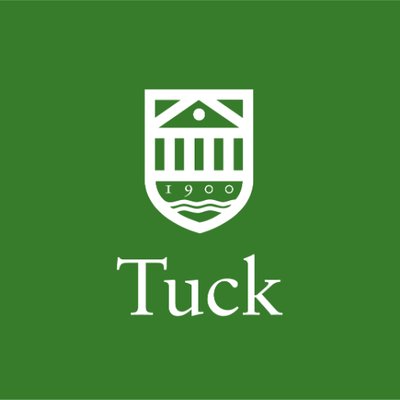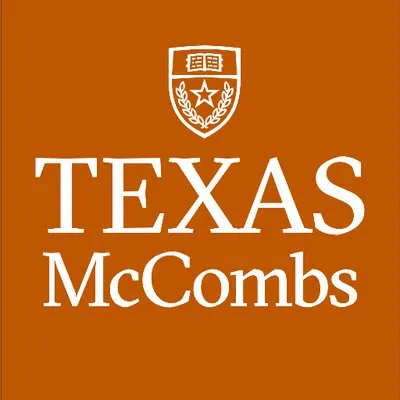|
|
Share
Score: 329 GRE
GPA: 3.2
Pre-MBA industry: Energy
Post-MBA industry: Consulting
2 years ago
10 Oct 2023 01:10
Hi, I am an IIT KGP'17 batch graduate with a major in Civil Engineering. I have been working with a Fortune 500 Oil & Gas company for the past 6 years. My target industry is consulting preferably ESG domain preferably in the US. My short-term goal is to work as an ESG/Supply chain specialist and my long-term goal is to work with a major consulting firm in CXO-level roles.








Supply chain is hopefully less competitive field. Between these two, hopefully you get a back up offer and you can shop for something better when you recruit.
You can also consider UNC and Jones for safeties and potentially Darden for target… 🤷♂️
Good luck!
If you are interested in the prestige of your alma mater, I strongly suggest considering the MIT SCM program. Alternatively, you can explore the Ross MSCM or LGO MIT programs, which are among the best in the world for supply chain. These programs open doors to top-tier roles in Strategy and Operations practices at leading companies (MBB). If you see your career path in supply chain and operations leadership, having these affiliations on your resume would undoubtedly impress recruiters when they're scouting for leaders.
Aanchal Sahni (INSEAD alum, former INSEAD admissions interviewer)
MBAGuideConsulting
LinkedIn |WEBSITE: https://mbaguideconsulting.com/ | Message: +91 9971200927| email- mbaguideconsulting@gmail.com
Applicants should not base their applications to highly selective programs with limited seats solely on probability.
Not everyone needs to be an outlier in a class. While schools aim for diversity, this doesn't require an exotic background or rare skillset. Admissions committees seek students who will contribute diverse perspectives to the class, and these experiences can come from various sources. Smaller classes also value students from prestigious colleges worldwide, as it enhances their own reputation, which is why they consider applicants like you seriously.
When it comes to the diversity aspect, where you're competing for around 25 seats in a class of 50, don't limit yourself to conventional diversity criteria like race and gender. Think beyond these boundaries and consider your cultural, geographic, and socioeconomic background. Have you overcome significant challenges in life? Have you excelled in a specific field or hobby? Have you had a unique education or work experience? These factors can contribute to your diversity and make you stand out, offering a unique perspective in the classroom.
I recently worked with an applicant of average standing, and he has been accepted into Tepper's Masters in Product Management program. This program is highly selective, with a class size of just 50, and it offers a targeted pipeline into big tech product management roles. It's a logical choice for someone with a product background who sees more value in this program than a traditional two-year MBA at Tepper. It comes with a lower opportunity cost and strong management support. If the school sees why, you might pick LGO over the MBA, and is convinced about your focus on the sector, I don't see why they wouldn't take you. But I guess you should apply where you really want to go..
Aanchal Sahni (INSEAD alum, former INSEAD MBA admissions interviewer)
MBAGuideConsulting
LinkedIn |WEBSITE: https://mbaguideconsulting.com/ | Message: +91 9971200927| email- mbaguideconsulting@gmail.com